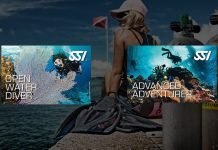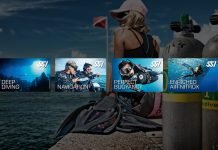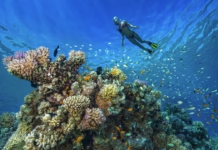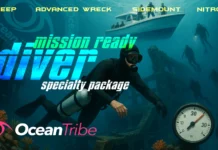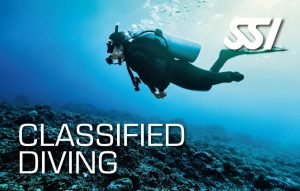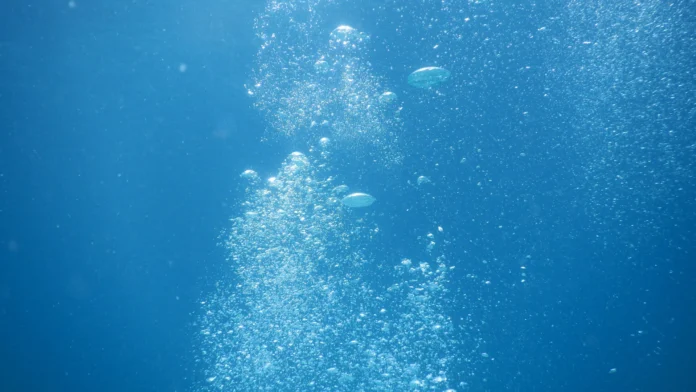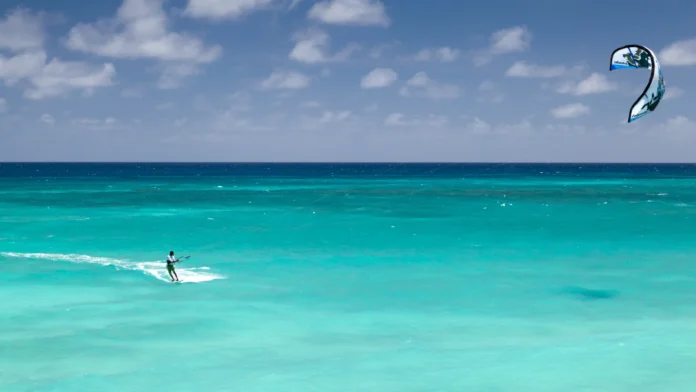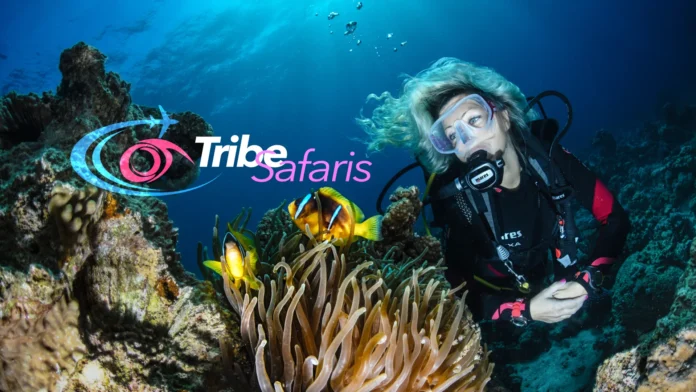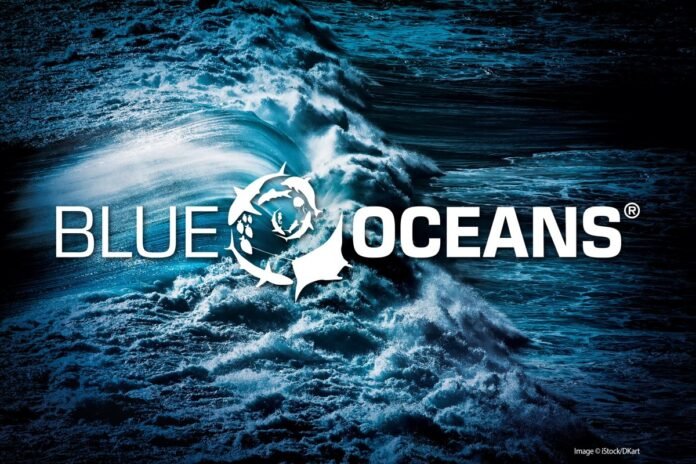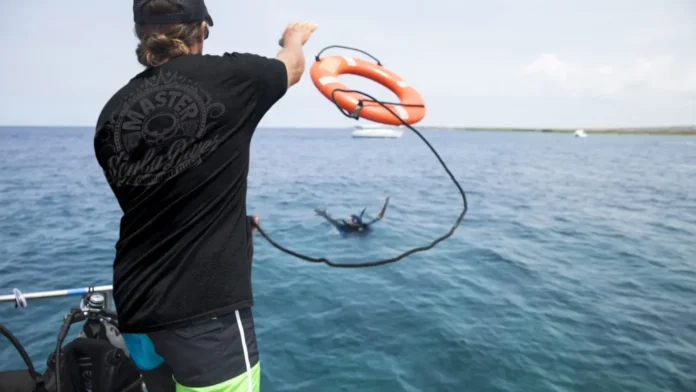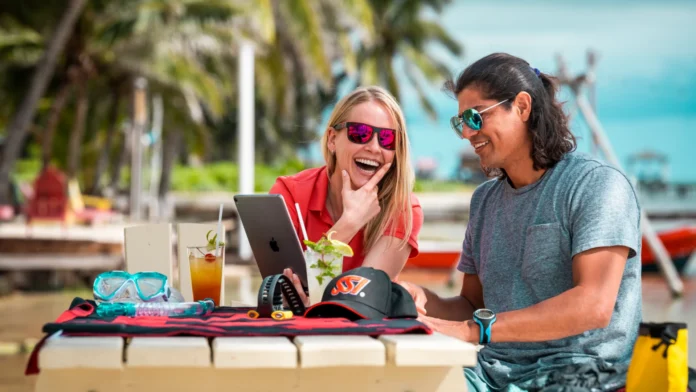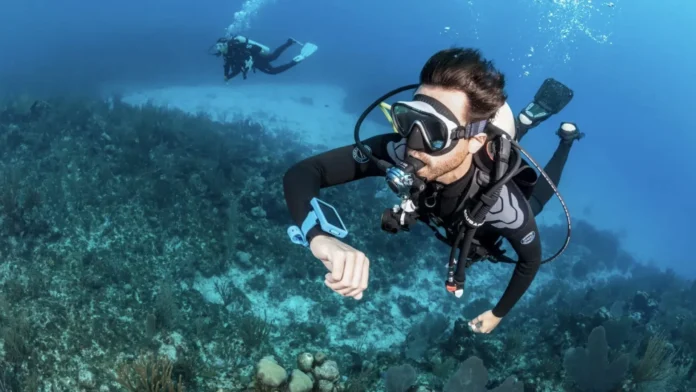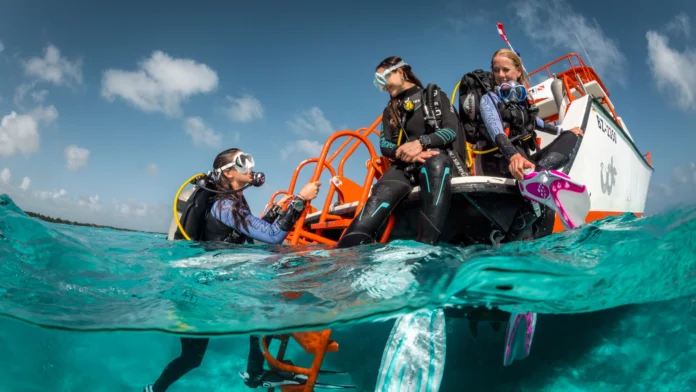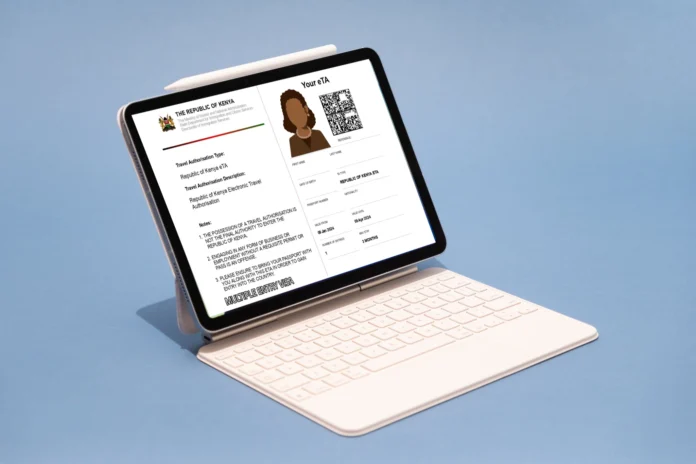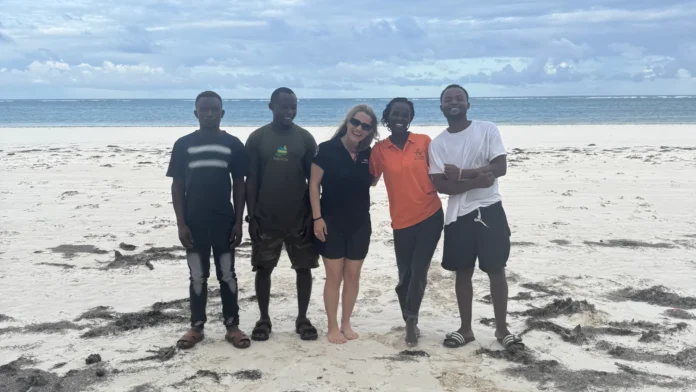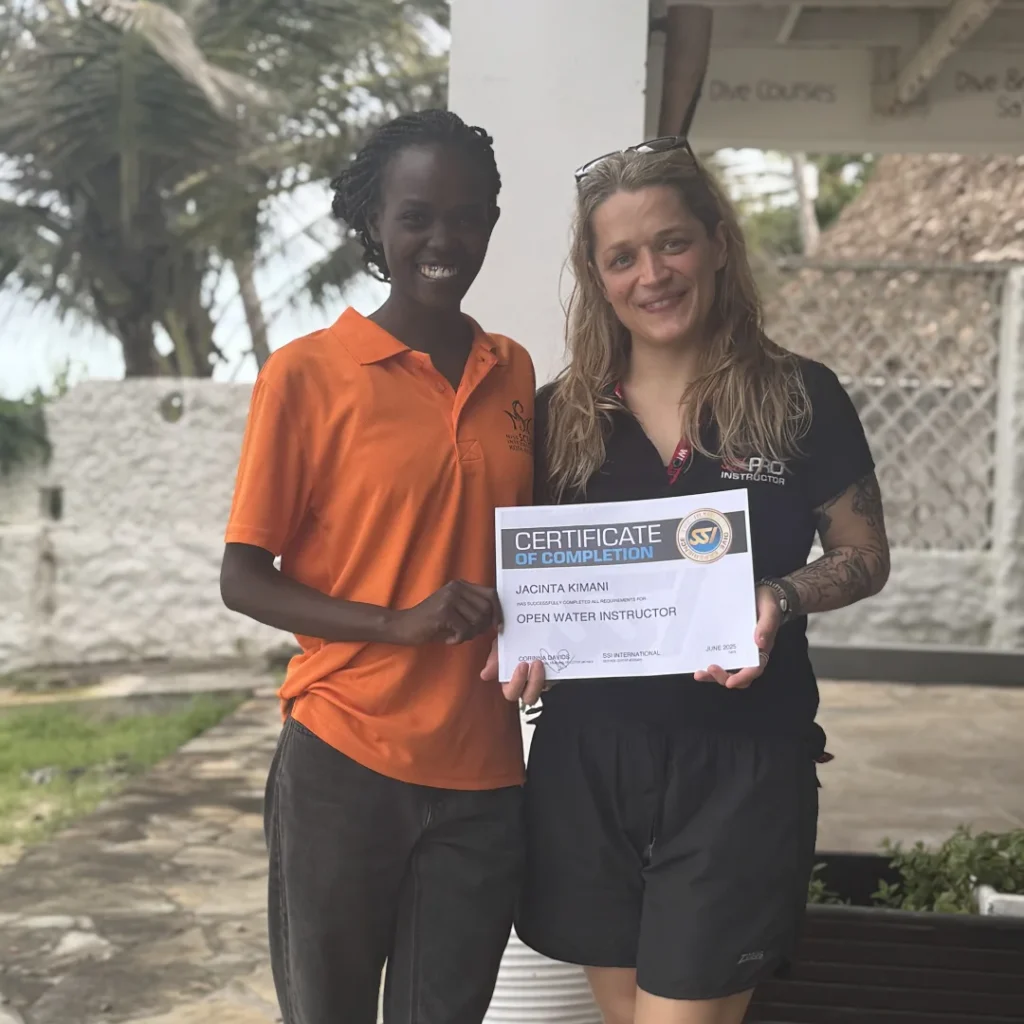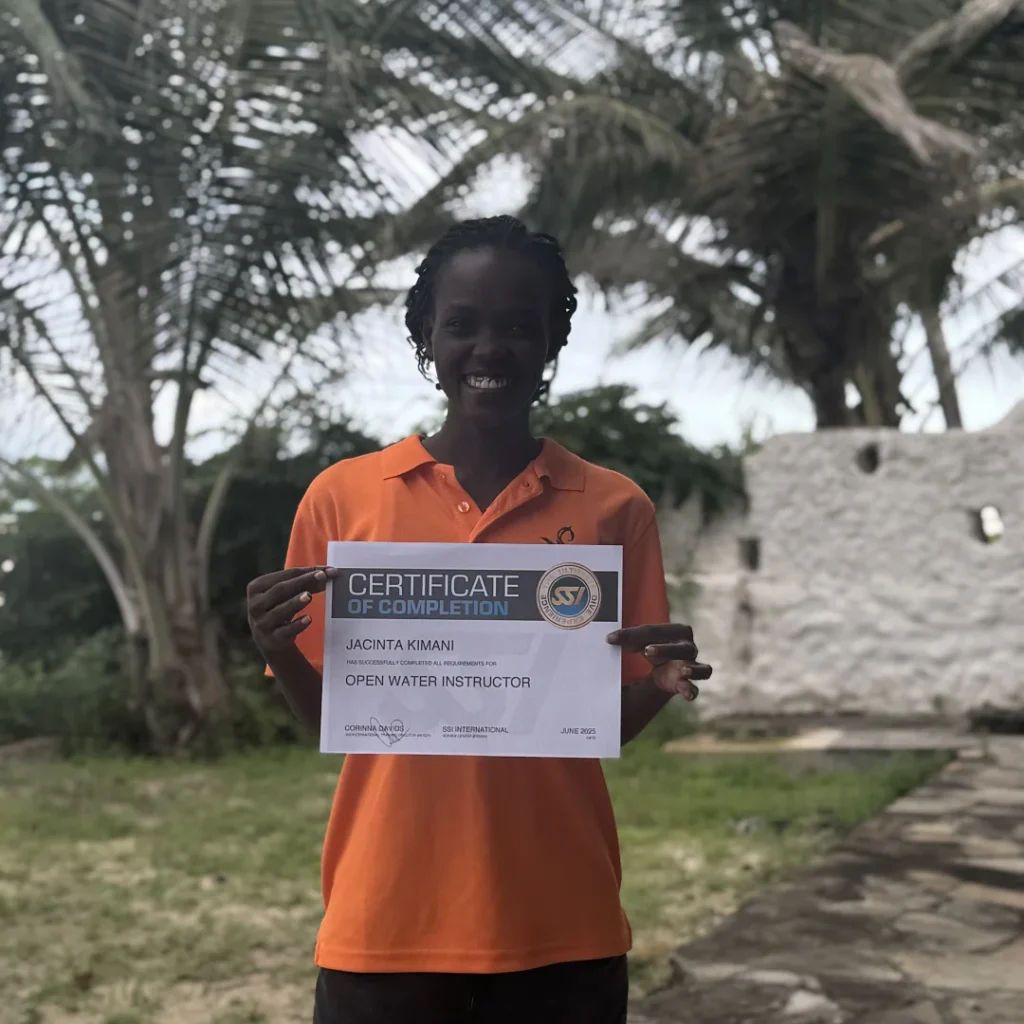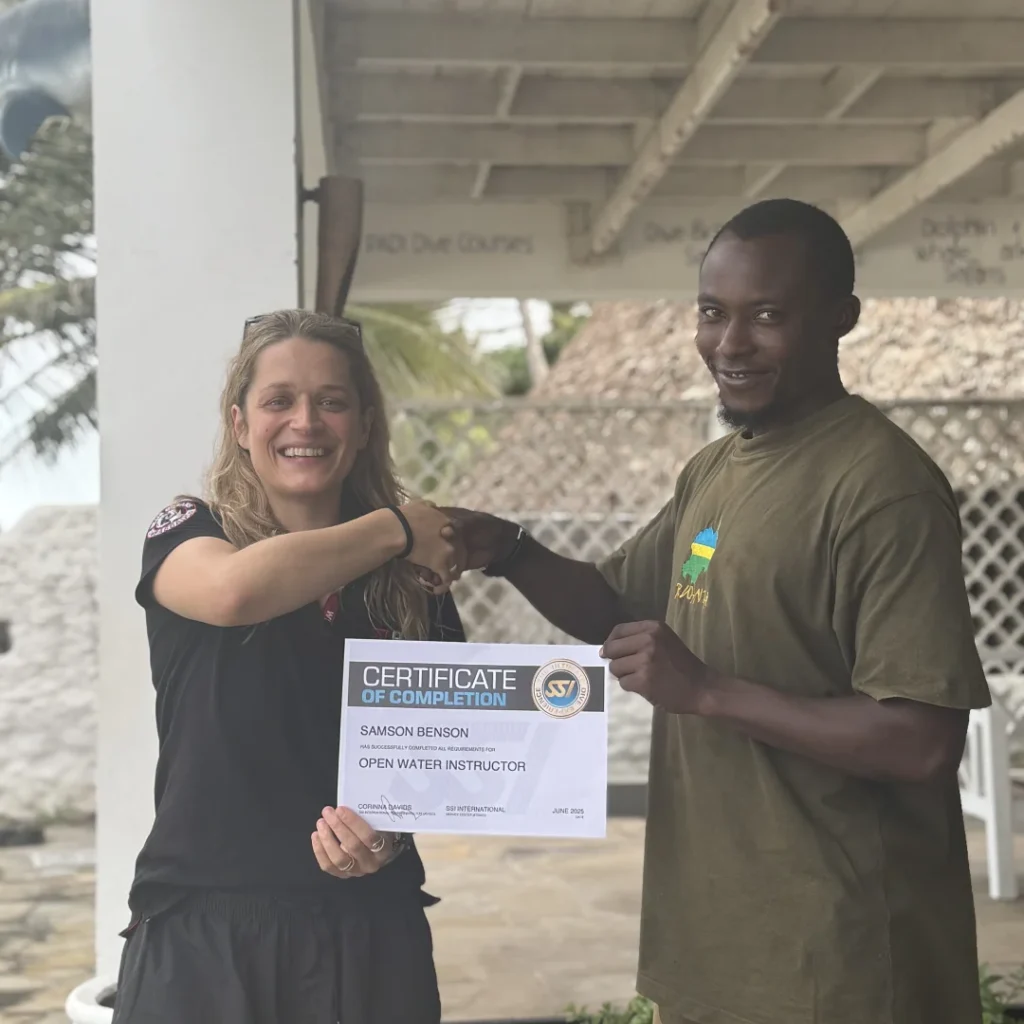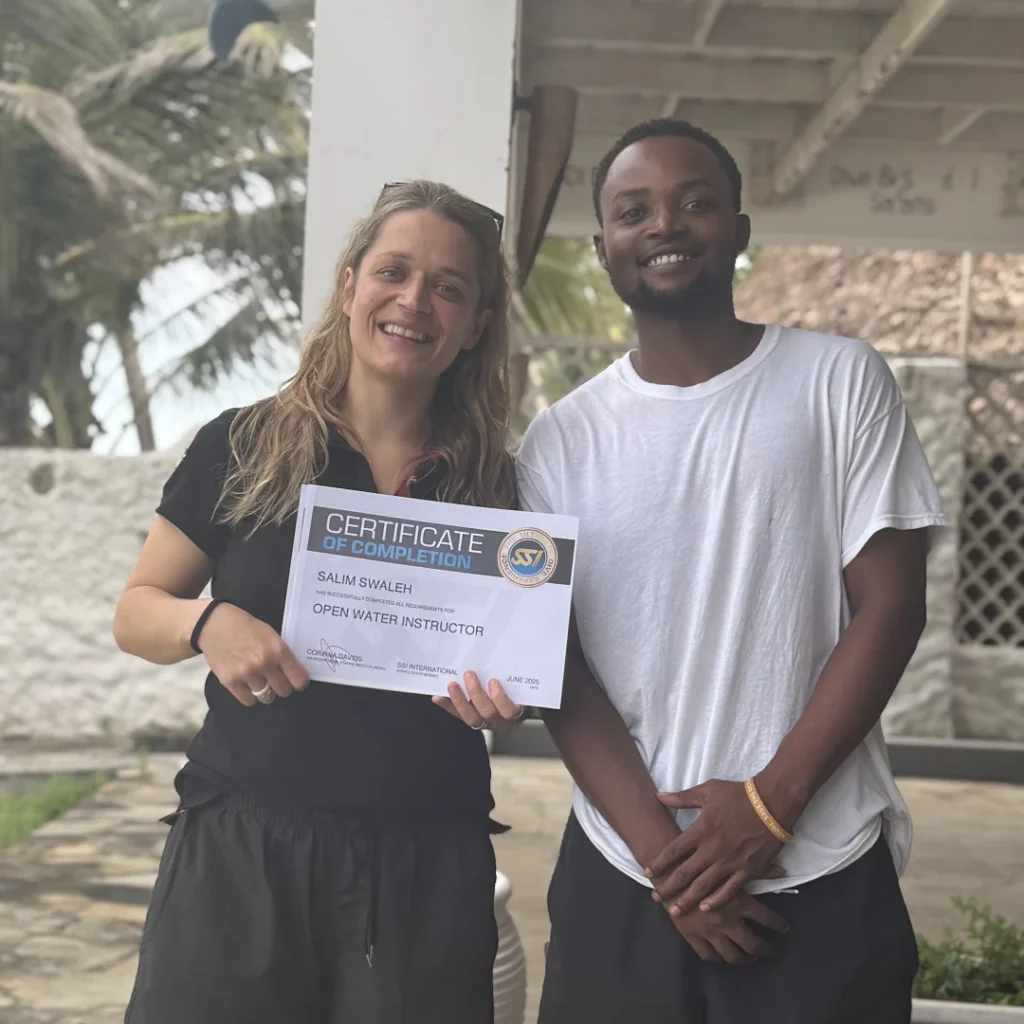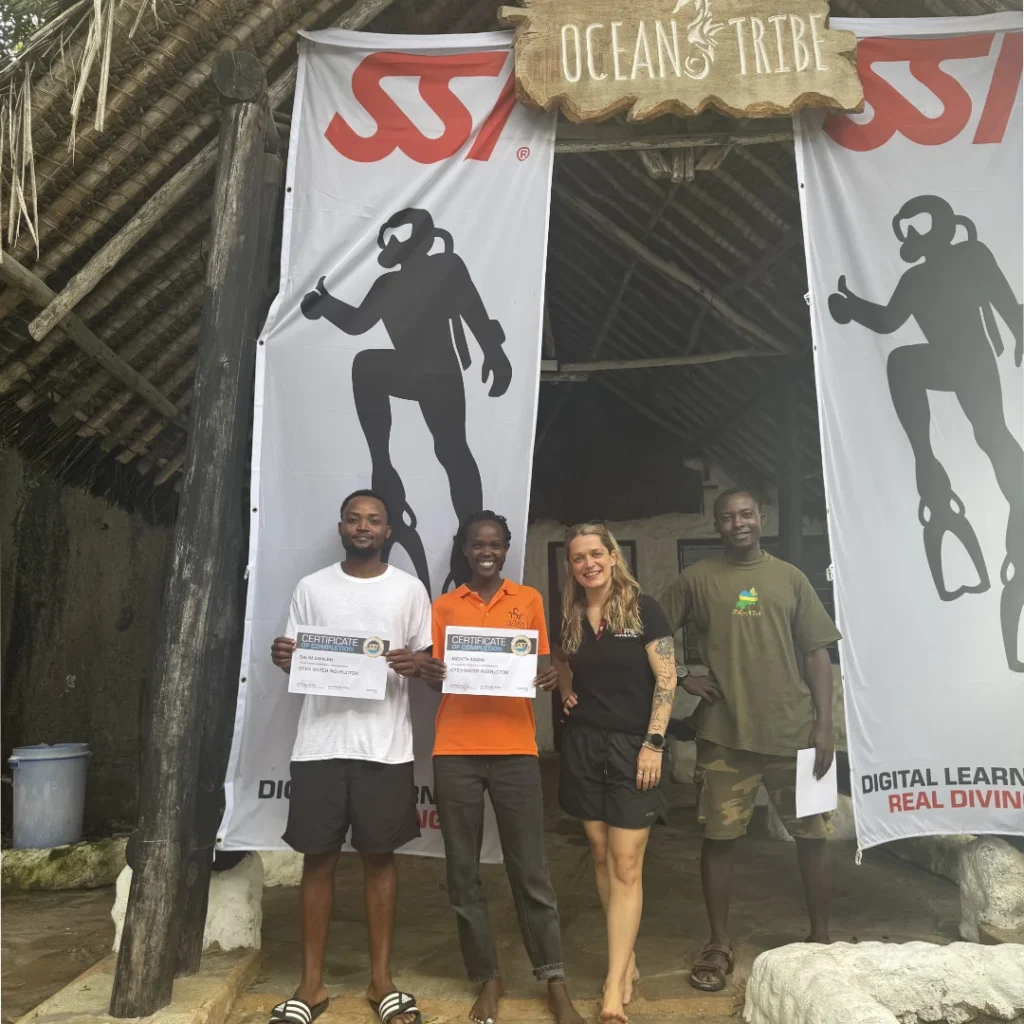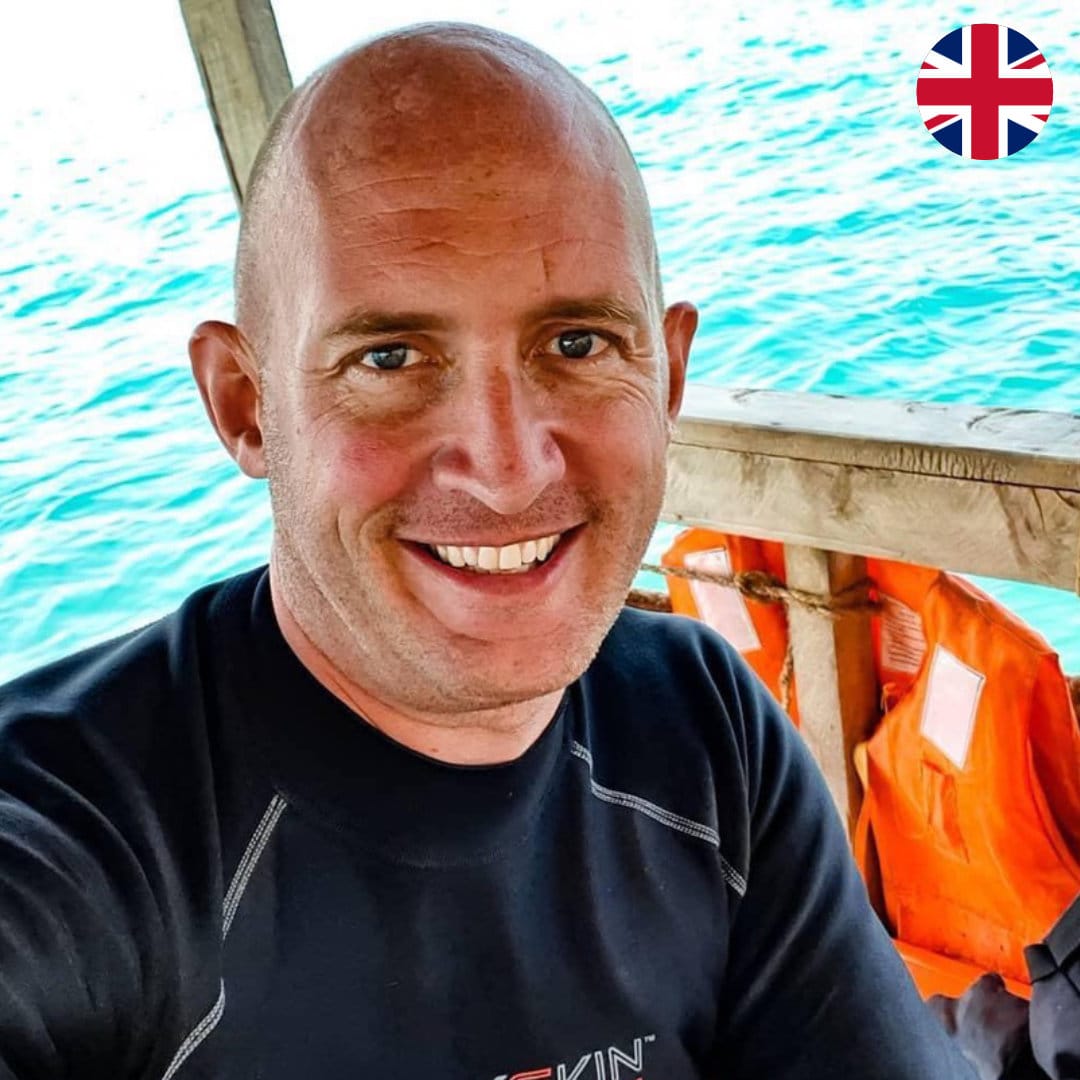Logging your dives might seem like a simple afterthought—just ticking a few boxes and moving on. But any experienced diver will tell you: a good dive log is more than just a diary. It’s your underwater résumé, your learning journal, and in many cases, your ticket to more advanced training and professional-level diving.
At Ocean Tribe in Diani Beach, we teach all our divers—beginners and professionals alike—that dive logging isn’t just a habit. It’s a core part of your scuba journey. So let’s break down how to log your dives properly and why it really matters.
What Is a Dive Log?
A dive log is a record of your underwater experiences. Whether you use a digital logbook like the MySSI app, or a traditional paper logbook, each entry documents where you dived, how deep you went, how long you stayed, and what conditions you experienced.
But a great dive log also includes notes about marine life, dive skills practiced, any challenges faced, and personal reflections. Over time, this builds a detailed picture of your progress and preferences.
How to Log a Dive the Right Way
At minimum, your dive log should include:
- Date and dive number
- Location and dive site name
- Dive profile (depth and time)
- Visibility, water temperature, and current conditions
- Gas used (Air, Nitrox, etc.) and tank size
- Buddy name and/or instructor signature
- Dive type (wreck, reef, training, fun, etc.)
- Comments and notes—what you saw, what you practiced, anything unusual
Using the MySSI app, you can also add dive site maps, photos, and digital signatures—all stored safely in the cloud and synced to your profile.
Why Logging Dives Really Matters
Progress Tracking
Your dive log shows how far you’ve come. From your first pool session to your 100th reef dive, it’s a powerful reminder of your growth and achievements.
Certification Requirements
Higher-level SSI and PADI courses require proof of dive experience. Want to do your SSI Divemaster or Instructor Training Course with Ocean Tribe? You’ll need at least 40 logged dives for Divemaster and 100 for Instructor to begin. And many specialty courses (like Deep Diving or Wreck) also have prerequisites.
Proof of Experience
Some dive centers won’t take you on advanced or technical dives without evidence of relevant experience. A well-maintained logbook helps show you’re capable of handling depth, currents, or specialty environments.
Dive Site Memory
Your log helps you remember what you saw, what gear settings worked, and what conditions were like. If you’re planning to return, it’s your personal reference guide.
Gear & Weight Tracking
Your log can help you fine-tune your equipment setup—recording weights, wetsuit thickness, BCD type, and more. This saves time on future dives and avoids frustration.
Instructor-Level Habits
Logging is a professional habit. If you’re aiming to become a dive leader, your logbook becomes your teaching history. It helps you reflect, learn, and support your students with credibility and confidence.
Digital vs Paper Logbooks
At Ocean Tribe, we love the MySSI digital logbook—it’s free, user-friendly, and syncs seamlessly with your certifications and digital training. You can add photos, signatures, and even GPS locations.
That said, some divers still enjoy the feel of a traditional logbook. There’s something satisfying about flipping through a weathered book filled with stamps, notes, and signatures from around the world.
Many of our pros use both: digital for SSI syncing, and paper as a personal memento.
Our Favourite Independent Dive Log Apps
Not everyone wants to be tied to an agency platform, especially if you’re diving with multiple certifications, different computers, or want more customization. Here are a few of our top non-agency affiliated dive log apps:
An excellent tool for Apple users, MacDive syncs directly with most dive computers and offers highly detailed dive tracking. It supports GPS tagging, equipment management, and syncing between desktop and mobile. Great for divers who want a professional-looking, comprehensive log.
Popular for its built-in photo and video color correction, Dive+ also includes a simple yet functional dive log. It syncs with some computers and integrates weather, depth profiles, and dive buddy tagging. It’s a great option if you like logging and sharing dive content at the same time.
One of the most customizable logbooks on Android, Divemate supports Bluetooth transfers from a wide range of dive computers, offline dive site maps, and cloud backups. It’s highly flexible and loved by tech divers for its precision.
These apps give you freedom, features, and longevity across different dive systems—and can often be exported as backup to agency platforms when needed.
Make Logging a Habit
At the end of each dive day, take 5–10 minutes to log your dives while the memory is fresh. Ask your buddy or instructor to sign off. Add comments about marine life, equipment, and how you felt.
The best dive professionals build this habit early—and stick with it throughout their careers.
Ready to Log More Dives?
Whether you’re just starting out or preparing for your pro-level courses, Ocean Tribe is here to help you gain real dive experience and log it the right way. From shallow reef explorations to deep dives and rescue scenarios, we’ll help you fill your logbook with unforgettable memories—and useful data.




